
Having a chronic tic disorder like Tourette syndrome may double the risk of developing cardiometabolic disorders.

Having a chronic tic disorder like Tourette syndrome may double the risk of developing cardiometabolic disorders.
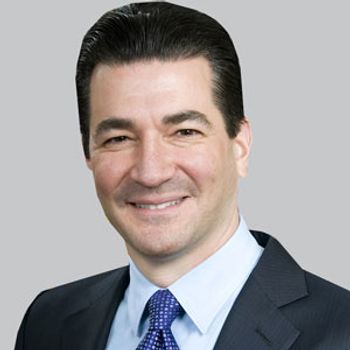
The treatment was originally branded as Sabril (Lundbeck) and approved in August 2009 as monotherapy for infantile spasms. This generic formulation approval was granted by the agency to Teva Pharmaceuticals.
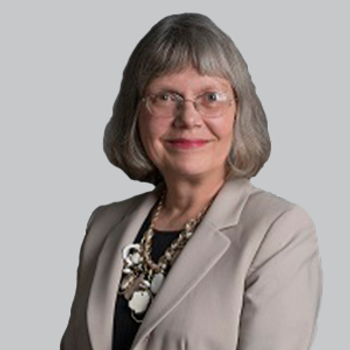
The American Headache Society President spoke with NeurologyLive about the recent AHS position statement on the use of migraine treatments in clinical practice
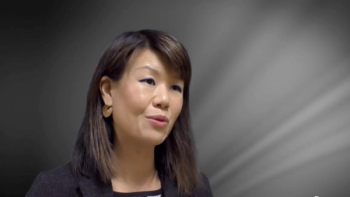
Liu discussed this work and the findings of this proof-of-principle trial in memory in epilepsy.
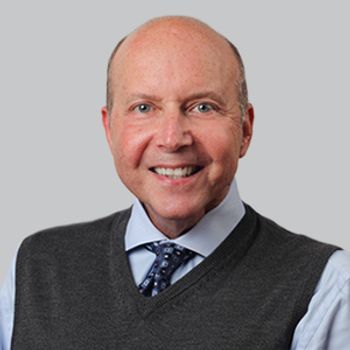
The NDA was based on the results of 2 pivotal phase 3 clinical studies, SUNRISE 1 and SUNRISE 2, which enrolled approximately 2000 patients, as well as safety studies.
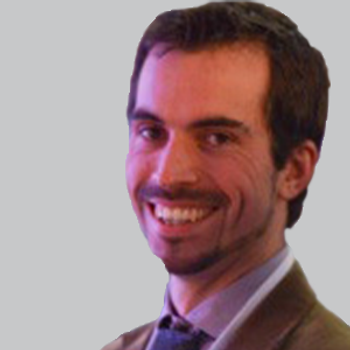
Patients with relapsing multiple sclerosis who are treated sooner rather than later with disease-modifying therapy have a lower risk of converting to secondary progressive disease.

The agency is anticipating upward of 200 INDs per year by 2020 and between 10 and 20 cell and gene therapy approvals per year by 2025.

The associate professor in the department of psychiatry at NYU Langone spoke about the relationship between slow-wave sleep disruption and Alzheimer disease.

A small trial has suggested that patients with myasthenia gravis and dysphagia are not properly assessed by the common clinical scales for these swallowing problems and their risk of silent aspiration.

The direct thrombin inhibitor is planned to be evaluated for its effect on the neurodegenerative disease in a trial of 40 to 60 patients with MCI and Alzheimer, led by researchers at the University of Rhode Island.

The attending neurologist at Brigham and Women's Hospital spoke about how seizure frequency during pregnancy and postpartum varies by epilepsy type.

The guidance provided the society’s recommendations for the use of the newly approved calcitonin gene-related peptide monoclonal antibodies for the prevention of migraine, among other guidance points.

The Group Medical Director for Neuroscience at Genentech discussed the ORATORIO trial findings, as well as what the upcoming ORATORIO-HAND trial will evaluate.
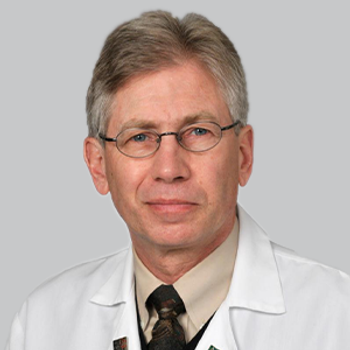
The AAN position statement author further addressed the opposing position of the Nevada law, the AAN’s position on brain death, and what clinicians need to know in regard to determining it.
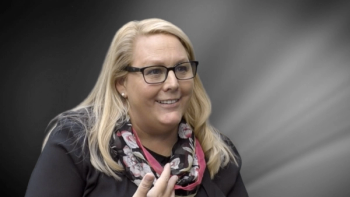
The principal medical science director at Genentech spoke about the decisions behind the tools being used for measurement, and what the neurologists can get from the data.

The Director of the cEEG and Epilepsy Consult Service at the Cleveland Clinic Epilepsy Center spoke about when clinicians should initiate and stop anti-seizure medications.
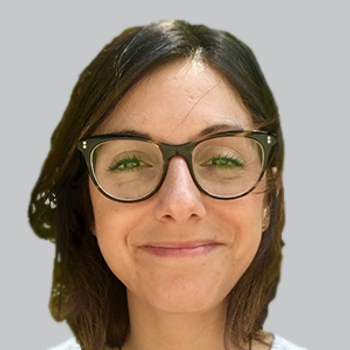
The MuSK antibody positive myasthenia gravis treatment met both co-primary end points as well as a number of secondary end points, showing promise despite a small sample size.
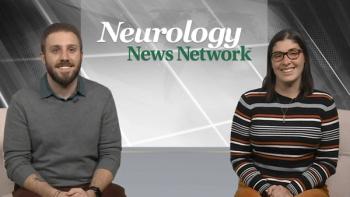
Neurology News Network for the week of January 12, 2019.

The trial of the investigational Duchenne muscular dystrophy treatment is the first clinical protocol selected for the FDA's complex innovative trial design pilot program.

The Chair of the AAN’s Ethics, Law and Humanities Committee spoke to the American Academy of Neurology’s goal to improve the consistency of determining brain death.
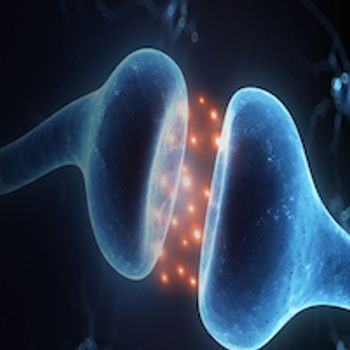
This guide includes everything you need to know about amantadine (Osmolex ER, Osmotica Pharmaceuticals) for the treatment of Parkinson disease and drug-induced extrapyramidal reactions in adults.
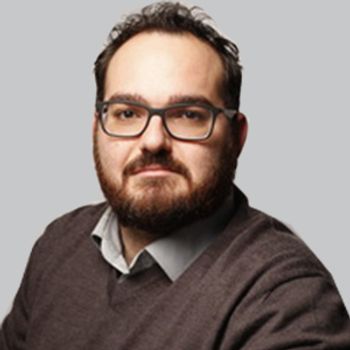
A new research project is underway to improve the pre-surgical evaluation of pediatrics with medical refractory epilepsy.
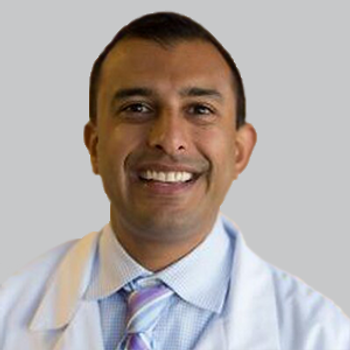
The section chief of pediatric neurology at Nationwide Children’s Hospital shared his excitement about the approval of Epidiolex and its potential as a therapeutic.
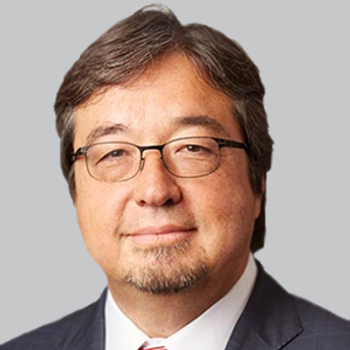
Previous analysis has suggested that an extended dosing regimen can reduce the risk of progressive multifocal leukoencephalopathy for patients with relapsing multiple sclerosis.

This guide includes everything you need to know about cannabidiol (Epidiolex, GW Pharmaceuticals) for the treatment of 2 rare types of epilepsy: Lennox-Gastaut syndrome and Dravet syndrome.

The Director of the cEEG and Epilepsy Consult Service at the Cleveland Clinic Epilepsy Center spoke about the cautious for physicians treating patients with acute symptomatic seizures.

If a larger set of samples can be used to test the 3 metabolites identified, the researchers note that they can validate the findings and develop a saliva test for Alzheimer disease.

This guide includes everything you need to know about pimavanserin (Nuplazid, Acadia Pharmaceuticals) for the treatment of delusions and hallucinations associated with Parkinson disease psychosis.

The pediatric epileptologist at Nicklaus Children’s Hospital spoke about the long-term seizure freedom data that showed that perampanel was associated with a sustained or increased improvement in seizure control.

Previously approved for use in adults with epilepsy in 2018, the band uses pattern detection to pick up on movement and physiological signatures indicating the occurrence of generalized tonic-clonic seizures.